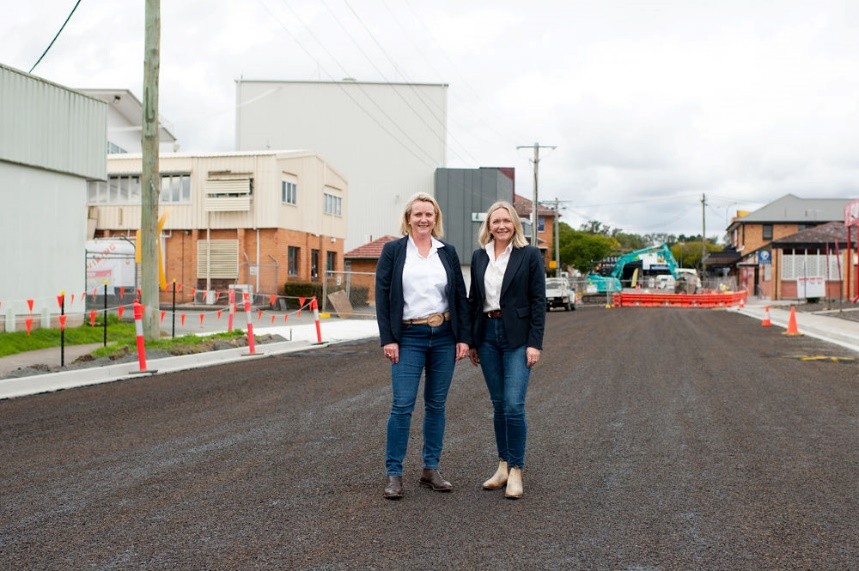Membership
→
Membership
Membership can change your business.
Membership at a glance
→
Corporate Partnerships
→
Member Stories
Our terms and conditions
Your member dashboard
About us
→
About us
Business Chamber Queensland is your voice as a Queensland business. We advocate, inform, guide and connect
Workplace
→
Workplace
We empower businesses to develop and manage your workforce through expert advisory, resources and practical solutions.
Workplace and HR assistance
→
Employer assistance helpline
HR Health Check
My HR Manager
HR consulting service
Workers Compensation Helpline
Workforce Resources
→
Workforce Evolve
→
Workplace training
→
IR updates
International
→
International
We support global business expansion: our international trade experts deliver accurate and timely advice and export documentation services.
International trade
→
Certificates of Origin
ATA Carnets
Export documentation
Attestation services
FTA training
International consulting
Skilled Migration
→
Sustainability
→
Sustainability
We drive change with innovative solutions that can positively impact the environment, business productivity and communities.
Sustainability and ESG
→
ecoBiz program
→
Workforce Evolve program
→
Tools, Resources and Training
→
Business stories
News
→
News
We lead businesses into the future with a long-term vision for economic, social and environmental sustainability.
Advocacy
→
Advocacy
We keep business heard by providing powerful advocacy, evidence-based research, and up-to-date details on legislative changes.
Events
→
Events
We help businesses connect with a range of networking opportunities and events that help generate valuable new leads.
Growth hub







